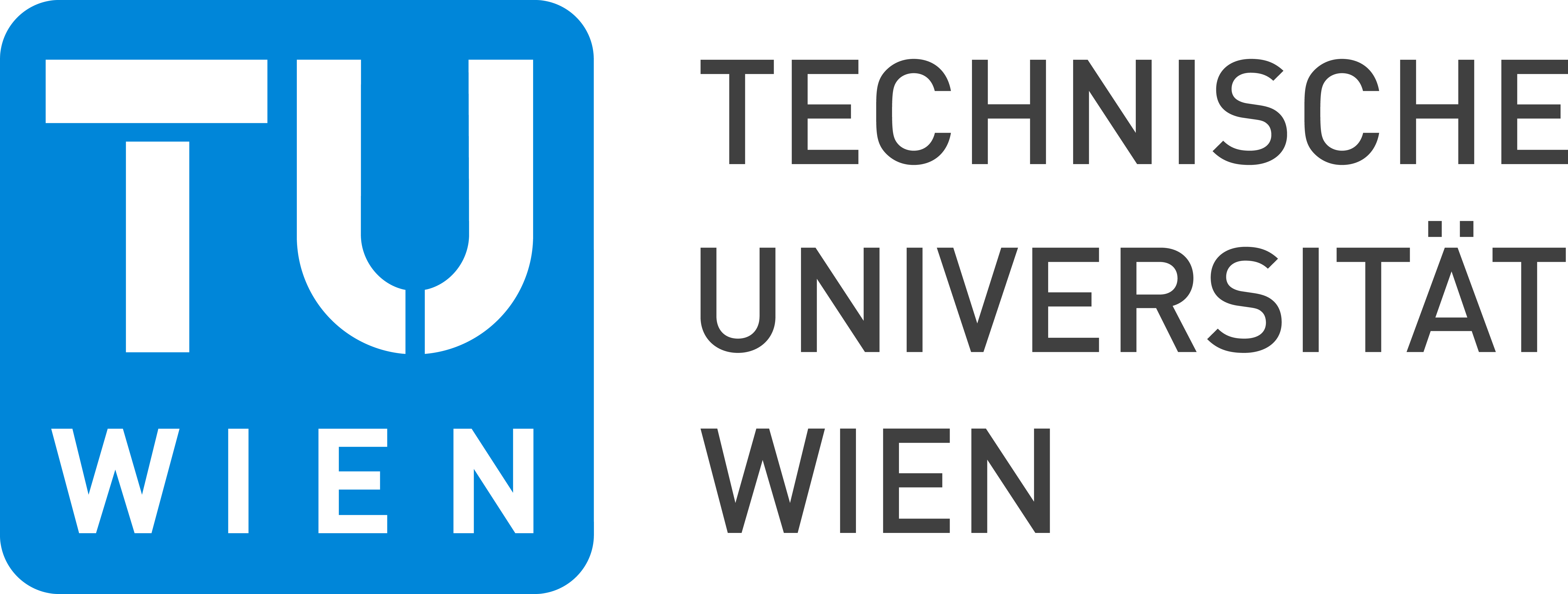Paper accepted at PKC 2021
Recently a paper got accepted for publication at the 24th International International Conference on Practice and Theory of Public-Key Cryptography - PKC 2021. More information can be found here and the abstract can be found below.
Valerio Cini, Sebastian Ramacher, Daniel Slamanig, Christoph Striecks, Erkan Tairi: Updatable Signatures and Message Authentication Codes. 24th International International Conference on Practice and Theory of Public-Key Cryptography - PKC 2021, May 9-13 2021 (virtual).
Abstract: Cryptographic objects with updating capabilities have been proposed by Bellare, Goldreich and Goldwasser (CRYPTO'94) under the umbrella of incremental cryptography. They have recently seen increased interest, motivated by theoretical questions (Ananth et al., EC'17) as well as concrete practical motivations (Lehmann et al., EC'18; Groth et al. CRYPTO'18; Klooß et al., EC'19). In this work, the form of updatability we are particularly interested in is that primitives are key-updatable and allow to update ''old'' cryptographic objects, e.g., signatures or message authentication codes, from the ''old'' key to the updated key at the same time without requiring full access to the new key (i.e., only via a so-called update token).
Inspired by the rigorous study of updatable encryption by Lehmann and Tackmann (EC'18) and Boyd et al. (CRYPTO'20), we introduce a definitional framework for updatable signatures (USs) and message authentication codes (UMACs). We discuss several applications demonstrating that such primitives can be useful in practical applications, especially around key rotation in various domains, as well as serve as building blocks in other cryptographic schemes. We then turn to constructions and our focus there is on ones that are secure and practically efficient. In particular, we provide generic constructions from key-homomorphic primitives (signatures and PRFs) as well as direct constructions. This allows us to instantiate these primitives from various assumptions such as DDH or CDH (latter in bilinear groups),or the (R)LWE and the SIS assumptions. As an example, we obtain highly practical US schemes from BLS signatures or UMAC schemes from the Naor-Pinkas-Reingold PRF.



